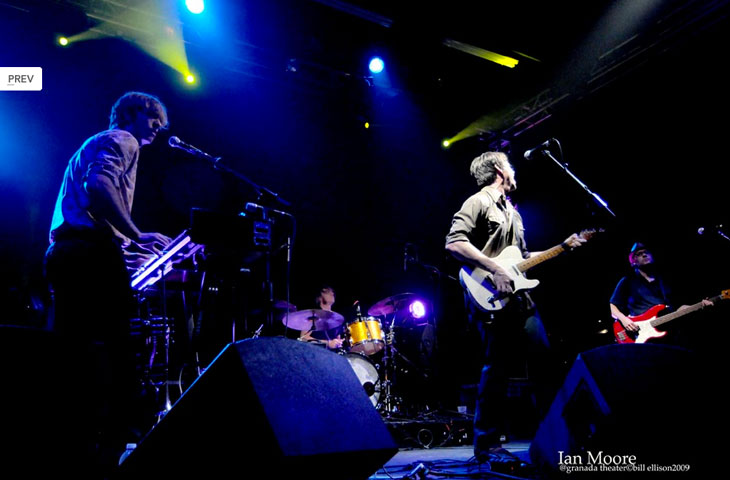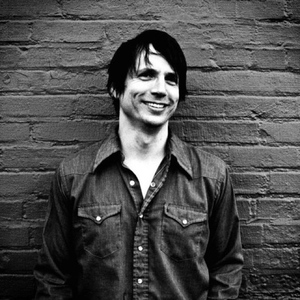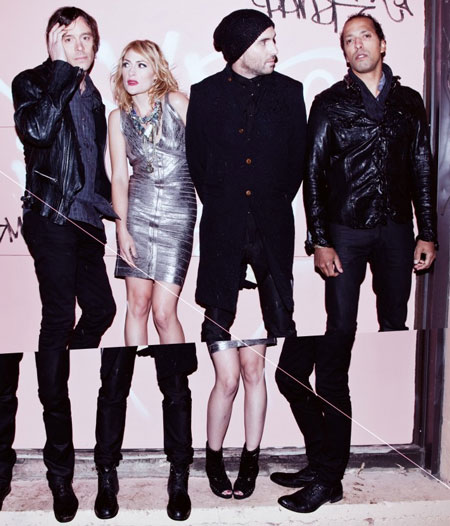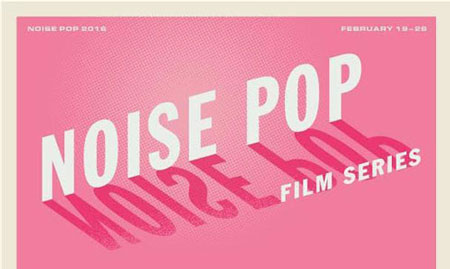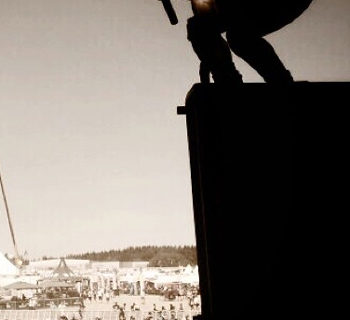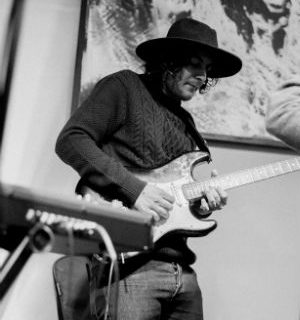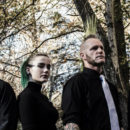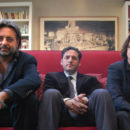Ian Moore and The Lossy Coils
Ian Moore has a lengthy and impressive curriculum vitae with musical credentials that any player would covet. Hailing from Austin, Texas, the guitarist, vocalist and songwriter has shared the stage with Willie Nelson, Albert King, Joe Ely, Townes Van Zandt, Stevie Ray Vaughan, Charlie Sexton and Doyle Bramhall II. He's been a supporting act for The Rolling Stones on the Steel Wheels tour of North America, played two tours with Bob Dylan, and another with ZZ Top. He’s friends with Eric Johnson and Robert Keeley. He has been signed to both the EMI and Capricorn record labels, and has worked with Daniel Lanois and Mo Ostin. Moore has been a working musician all of his life.
The business model of major record labels has changed dramatically in recent years, and subsequently, so has the world of the professional musician, the bulk of this change being driven by the way music and other art is consumed. Gone are the days of cruising the dusty bargain bins of your independent local record store after hearing obscure cuts on FM radio. Indie music stores have gone the way of the landline and shitty cable TV. Even major retail outlets like Virgin, Tower and Sam Goody are on ventilators in the intensive care unit. The prognosis for these entities is not good, so say your goodbyes now.
In its current environment, music is streamed and digitally shared. Spotify, Apple and now, even YouTube has a music player that conveniently provides you limitless hours of streamage on your devices wherever you want.
Musicians used to make the lion's share of their money on record royalties, and boosted the sales of their recordings by touring. Since the disappearance of that model, the bulk of earnings come from the tour itself. So the modern guitar slinger hits the road, just like in the old days.
Ian Moore is no stranger to this lifestyle. As his credentials attest, he's used to making money the old fashioned way: going from town to town and working for it. I spoke to Moore by phone and found him to be extremely intelligent and insightful into the life of an artist and someone that creates for a living.
How is the tour going?
Moore: It’s going great, we’re playing in San Francisco tonight, then we are going up to Redding, then we play Sacramento, and then we're going to book it back towards Texas. We are going to kind of do a victory lap in Texas at the end—just a bunch of hometown, home state shows.
Where have you been playing in the last few years?
Moore: Oh man, I’ve been everywhere. We were just in Austria a couple of months back, we did a Midwest tour a little before that, and a Southeast tour before that. Definitely my resident area is the south because everybody grew up with me and so that definitely is the spot. But we have been hitting the West Coast quite a bit. We typically do this show Mother Hips puts on called the Hipnic. So we play a lot in San Francisco and Bay Area stuff. Obviously, we play a ton in Seattle and Portland. I'm curating a bunch of Woody Guthrie type tribute shows coming up in the next few months. I am busy, man.
So what is it about Austin? There are a lot of great players down in that neck of the woods.
Moore: Well, my take, growing up there, I think one of the things is that there is some real reverence for vibe. When LA was all about super fast shredding and real over-the-top playing, Austin was always about about a little more introspection and really thinking about it. You know, I am a big Hendrix freak, that is who has been one of my biggest influences; but, nonetheless, I am loving some guys like Denny Freeman and Jimmie Vaughan who are these real stylists and so hip. No one is impressed by hot shot playing, it is all about substance. I think that has a lot to do with why so many players end up there, because people appreciate that stuff when playing.
Let’s talk a little bit about the Capricorn album. So you were signed to a major label back in, I think, the early '90s right?
Moore: Yeah, well, I had a few record deals before I ended up with Capricorn. The Capricorn thing was through Warner Brothers actually. I did a showcase for Lenny and Mo Ostin and they'd just started working with Phil Walden, who started Capricorn. It made sense because at that point, I was really coming from a place of mostly soul music and blues music, a lot of old '50s and '60s psychedelic stuff. I was a complete freak in the music industry; there just wasn’t anybody, I’m not saying there was nobody, but when I was talking with labels it was like I was from Mars. So when I met Phil, with his background, not just with The Allman Brothers, but as a manager managing Sam Cooke and Otis Redding and all that stuff, it was just really cool to be able to meet somebody who understood where I was coming from.
You've got the creative standpoint from the artist, and they typically want to do something, and then you have the label saying something different, like "Give us something similar to this so we can sell it."
Moore: That’s true, but the other thing too is that a lot of times a really great concept is hard to sell. We look at stuff like iPhones and things that seem so obvious to us now, but at one point there was someone having to go “this is going to be the new thing.” The same thing happens to music and art. When you have this concept that isn’t there yet, it's hard for people to visualize. When you are in a band or a painter, you are living it every day and you’re feeling the audience going “this is going to work, you just need to believe in it.” That’s the hard thing, and the way it does work is you need to have a powerful team around you. If you study people like Bob Dylan and the Beatles, even Elvis, they had phenomenal managers that basically could fight that effect that you’re talking about with the labels.
The industry has changed these days, especially from the old business model. The distance between the artist and the audience has decreased. What do you think about that?
Moore: I think that is true. I think the tricky thing is the distance is less, but the amount of information between the creation of anything and the reception of it is so vast that it is hard for people to navigate that space. I find so far, I have had a very difficult time navigating--getting the word out to people when I am playing, letting them know what I am doing. I find that what the Internet has really done, even though theoretically it has leveled the playing field, it really hasn’t—it's just cluttered the playing field. It is very difficult.
For instance, today, a perfect example, a person posting on my Facebook, who’s a fan of mine, who’s thought of me enough to ask when I am playing in San Francisco. I said “I am playing tonight!” What I find is that it is difficult and the only people that really succeed…well young kids, it’s easier because they are really flowing with the digital technology. People who are older really struggle with it, and the people who are succeeding are big corporations because they can have teams of people to flood blogs and people with information they want.
Yeah, that is an interesting perspective. You do have access to the fans, you have Twitter and Facebook and all that, but there's a lot more noise. As far as your touring band, do you have a trio?
Moore: No, it’s actually a five piece right now. We’ve been traveling as a four piece; I had a second guitar player. So one of the things that we do, that a lot of people don’t do, is we add a ton of harmony stuff and so a big part to me of my music is the harmony. Everybody outside of the drummer is singing, so we have sometimes three and four part harmonies.
You can stay up to date with the tour and other news at Ian's official website

